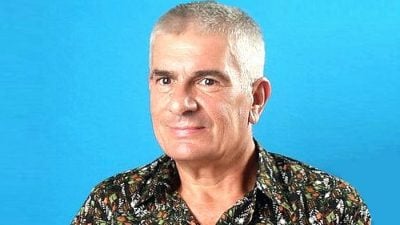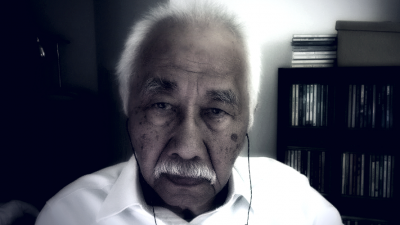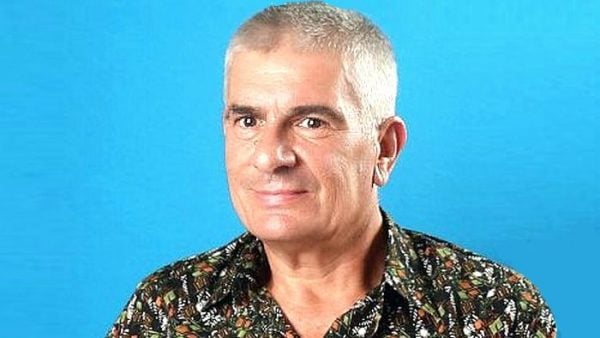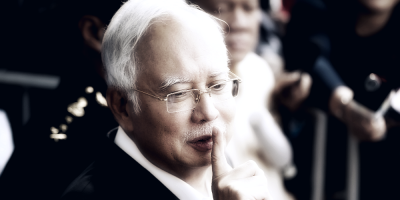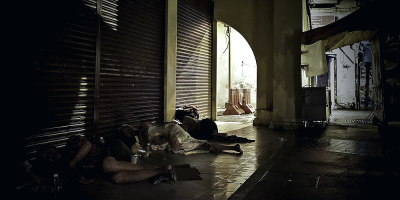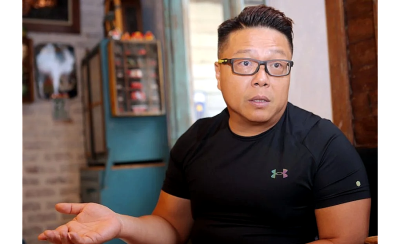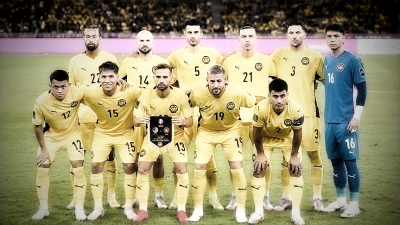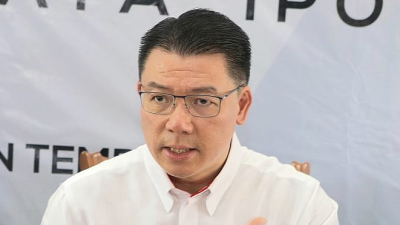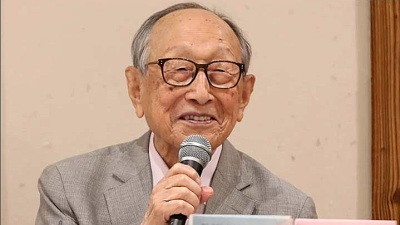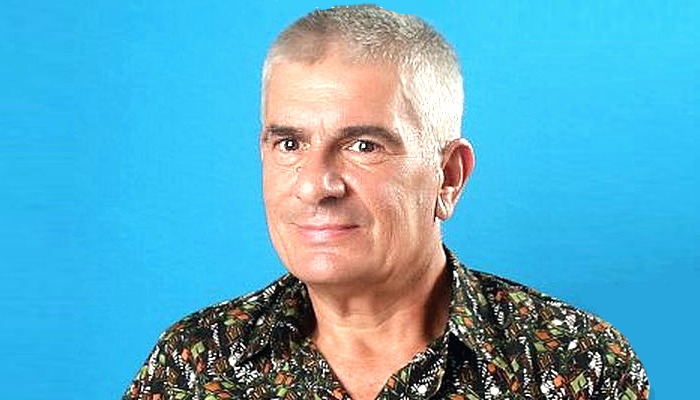
The recent episode involving Universiti Malaya (UM) authorities shutting down the PA system to prevent Wong Yan Ke from speaking at a student forum, highlights Malaysia’s public universities still lack freedom of speech.
Wong Yan Ke, a human rights activist who became noteworthy after his protest against the former UM Vice Chancellor at his convocation, was invited to speak at a forum on freedom of expression, among students of higher education institutions.
This has been an issue within Malaysian public universities ever since the Universities and University Colleges Act (UUCA) was amended by Mahathir Mohamed in 1975 to prevent the involvement of students in politics and unions.
The UUCA amendments in 1975 brought university thought and expression under establishment control.
Long gone are the fiery student activism of the 1950s during colonial rule where students expressed anti-colonial narratives in the fight for Merdeka.
The student movement in the 1960s voiced out without fear or favor, and was considered a very influential force in framing public opinion.
Student leaders like Anwar Ibrahim, Jomo Kwame Sundaram, Syed Husin Ali and Edmund Terence Gomez all emerged during this period.
However, even though these aspects of the Act were repealed when Pakatan Harapan came to power in 2018, the Act is still in existence and student democracy is still restricted on campuses around the country.
Universiti Malaya management has continued to hinder freedom of speech on campus.
This is in stark contrast to 18-year-olds now able to vote in elections.
Students can vote but are restricted from exercising free speech on university campuses, which should be extolling the spirit of free speech.
Malaysian public universities have been bastions of establishment conservatism under both BN and PH governments.
The BN education ministers have always tended to select Umno establishment supporters as vice chancellors, while Maszlee Malik, a rogue PH minister, appointed vice chancellors who were strongly grounded in Islam.
Hence, free speech has not been a top agenda for university management, especially when it’s critical of the government.
Further, university management has always acted to suppress criticisms of themselves, including corruption.
Malaysian public universities have also taken a hard line towards their academics as well as students. Academics are not free to publicly express views deemed to be critical of government and university policies.
Universities usually resort to intimidation of students, where students or staff may be called up for meetings with senior university management.
The Special Branch is also active on campuses, keeping close watch on people of interest who may potentially voice alternative views to the establishment narratives.
This has become potentially dangerous when authorities move in on students who protest legitimate public issues such as rising prices of necessities and food security, as occurred in the student Turun protesters, last July.
The stifling of free speech and expression at public universities is a symptom of politicization.
Loyal political appointees and technocrats have prevented the relaxation of freedom of expression at universities during BN years prior to 2018. This has become overzealous when the Election Commission deputy chairman Azmi Sharom was also prevented from speaking to students at Universiti Malaya.
What is also worrying about the recent episode is that the students themselves have been complacent about university actions to cancel the event.
University actions have not been challenged. This should have caused outrage. Relative silence to authoritarian suppression of free speech makes it easier for authorities to suppress other events practicing free speech in the future.
When the public remain complacent about the suppression of free speech, this allows the authorities to undertake illegal actions without accountability.
Governments treat silence as consent, and then can behave unchecked and unhindered until in extreme cases atrocities are committed.
Free speech and outrage are the last line of defense against government overzealousness. Take that away and government may go out of control.
Free speech should be nurtured at universities to develop a creative environment. This is one of the major pillars of democracy.
This should be allowed to permeate across into the general society.
This should be the legacy of the late royal professor Ungku Aziz and Syed Hussain Alatas.
(Murray Hunter has been involved in Asia-Pacific business for the last 40 years as an entrepreneur, consultant, academic and researcher. He was an associate professor at Universiti Malaysia Perlis.)
ADVERTISEMENT
ADVERTISEMENT







